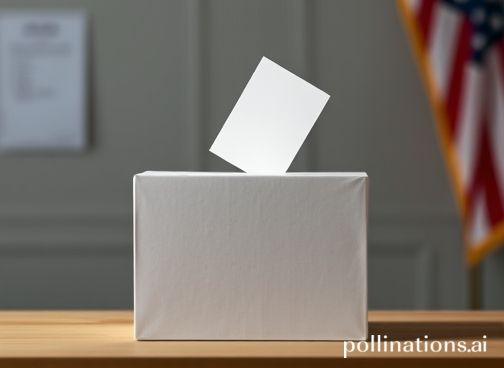Taiwan Rejects Overseas Electronic Voting Amid Concerns of Chinese Interference
Premier Cho Jung-tai Cites Security Risks, Raising Debate on Voting Reforms

Taipei, April 22, Taiwan – Premier Cho Jung-tai (卓榮泰) has declared that electronic voting for Taiwanese citizens residing abroad is "completely unfeasible," citing potential manipulation by China as the primary concern.
Speaking at the Legislative Yuan, Premier Cho explicitly stated the cabinet's opposition to a referendum proposal put forward by the Taiwan People's Party (TPP) last week. This proposal had aimed to explore avenues for allowing overseas Taiwanese to participate in elections through electronic means.
The Premier emphasized the significant risk of overseas voters being susceptible to "control by foreign hostile forces" during elections. This statement was made in response to Democratic Progressive Party (DPP) lawmaker Lin I-chin's (林宜瑾) inquiry about the potential threats to Taiwan's democratic processes posed by China.
The TPP's initiative, bypassing the committee stage and directly entering the second reading, sought to facilitate voting outside registered electoral districts by legalizing domestic transfer voting. Concerns were raised by Lin, who criticized the proposal for lacking clear definitions regarding absentee voting and domestic transfer voting. Other lawmakers have also expressed worries that the bill could inadvertently open the door to future absentee or electronic voting systems.
Premier Cho differentiated between overseas and domestic voting reforms, suggesting that the latter could be considered "by everyone" but specifically within the context of national elections, not local ones. He warned that allowing voters from across the country to vote in a single local race would create "big difficulties."
Central Election Committee (CEC) Chairman Lee Chin-yung (李進勇) also addressed the lawmakers, stating that the executive branch had been reviewing absentee voting for some time. He cautioned that any policy change impacting the stability of electoral processes would be "extremely serious" and stressed that any further action would require robust safeguards.
